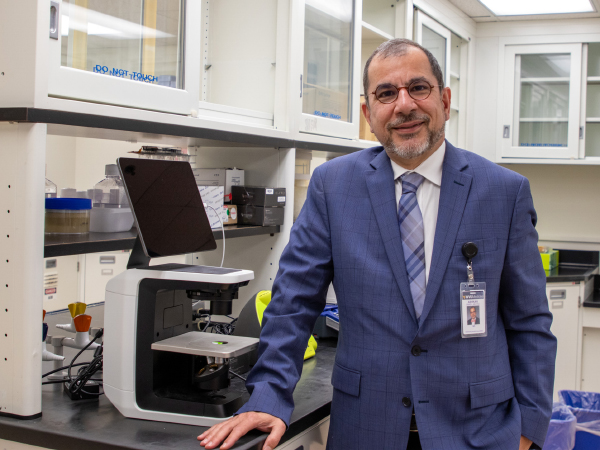A study published today by researchers at the Translational Genomics Research Institute, part of City of Hope, and clinician-scientists at Baylor Scott & White Research Institute revealed a potential new therapeutic strategy for fighting lung cancer that harnesses one of the body’s immune cells, natural killer cells.
To access this subscriber-only content please log in or subscribe.
If your institution has a site license, log in with IP-login or register for a sponsored account.*
*Not all site licenses are enrolled in sponsored accounts.
Login Subscribe
If your institution has a site license, log in with IP-login or register for a sponsored account.*
*Not all site licenses are enrolled in sponsored accounts.
Login Subscribe








